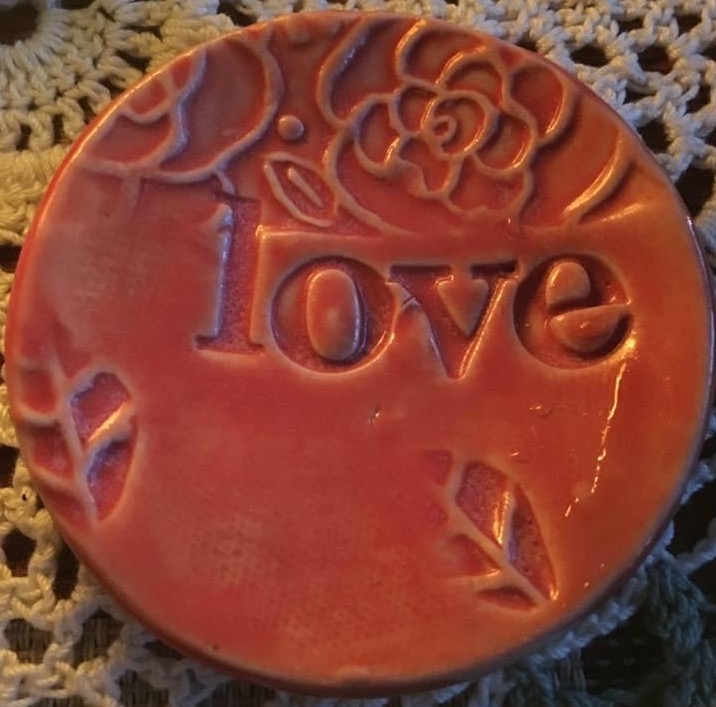
Meaning Is Found in Acts of Love
By Kerry J. Bickford, VOICES Editor
Back in 1975 when I was a psychology major in college, I took a class, “On Death and Dying,” where I was introduced to the five stages of grief identified by Elisabeth Kubler-Ross in her groundbreaking book by the same name. It was work that was both celebrated and criticized and years later, she and her protege, David Kessler, adapted these stages to help people understand that they are by no means intended to be either linear or absolute. (For more on the history and meaning of the five stages of grief, please see the articles by the BBC and by What’s Your Grief.)
I was immediately curious when David Kessler introduced an additional stage of grief in 2019 in his book Finding Meaning: The Sixth Stage of Grief. I had lost my own son just a year before, and I knew David’s son had died in 2016, also by overdose. What was this new stage and would he talk about his own loss? It didn’t take long to answer that question, because as soon as I opened the cover, I read the words: “To my son in heaven and my son on earth.” As the mother of four boys, one now in heaven, I felt those words deeply and knew that this book would not disappoint. It didn’t.
It is my habit to listen to certain books after reading them, so every word is etched into my memory. Listening to Kessler talk about real stories of death and dying was mesmerizing. His style is compassionate and gracious, but he is also honest and edgy in a way that you could miss if you were not listening closely. In one chapter, he reveals what he says to people when asked how long they are going to grieve: “How long will your loved one be dead? That’s how long.” He goes on to explain that grief will change over time but it will always be there. I began to understand my own experiences with death in a way that I hadn’t before, like a puzzle that took 67 years to solve -- and not a moment too soon because here I was in the trenches.
I began to recall the denial of the earliest days of grief that protected me from feeling the devastation of what had just happened to our family after losing our son, brother and uncle.
How could he be gone forever?
Then came the anger that still peeks its head up when I least expect it. “Ahh,” I say now (with hot tears streaming) “it’s you. I’m still mad.”
Bargaining was and continues to be the most difficult phase … what if … I wish … I’ll never forgive myself for… followed by the deepest, darkest place of all -- depression. It was hard to get out of bed. It was hard to smile. Everything hurt, both inside and out, and I was exhausted. I had a family to worry about, but I could not imagine I would never rub his beautiful, fuzzy head again — or hear his gentle voice. According to David: “When you're ready to hope again, you will be able to find it. Bad days don’t have to be your eternal destiny.”
Acceptance was gradual. Was I OK with not ever seeing my son again? Never. But I had come to a place where I had learned to live with it simply because I had no other choice. I wrote poetry, took long “spirit walks” with him through the bogs and kept him close to my heart. I followed him into a new dimension of love. There was serenity and peace there and I settled in for the long haul.
Then came the day my husband (a grief therapist) and I were approached to lead a peer support group for others who have lost a loved one to overdose. This seemed like something that could be mutually beneficial so we embarked on a memorial venture we called Nathan’s Circle. Unbeknownst to us and according to Kessler’s description, we had entered the sixth stage of grief: finding meaning.
If you read or listen to this book, I hope you will get a much more eloquent description of what finding meaning is than I have given here, but I’ll tell you this: As I look at the people I know who are surviving loss (an endless process), I can see many who are moving through hopelessness into hope. I see people starting nonprofits, raising funds, helping others, and advocating for change. I also see people simply rededicating themselves to their lives through their relationships, careers, and newfound inspiration to live life fully. Each person’s choices are a testament to the resilience of those of us who have been left behind by a ruthless killer -- the disease of addiction. All are finding meaning by turning love into multiple acts of love that ease our darkest moments back toward the light.
As a difficult year comes to a close and we look toward a new one, my wish for you is that you will take care of your grief and be kind to yourself. I hope you’ll take the time to read or listen to this book. It is an uplifting testimony from someone who has studied, written and experienced grief and its aftermath firsthand. Kessler’s own journey into finding meaning helped me forge a more spiritually insightful relationship with death, and I hope it will help you, too.
